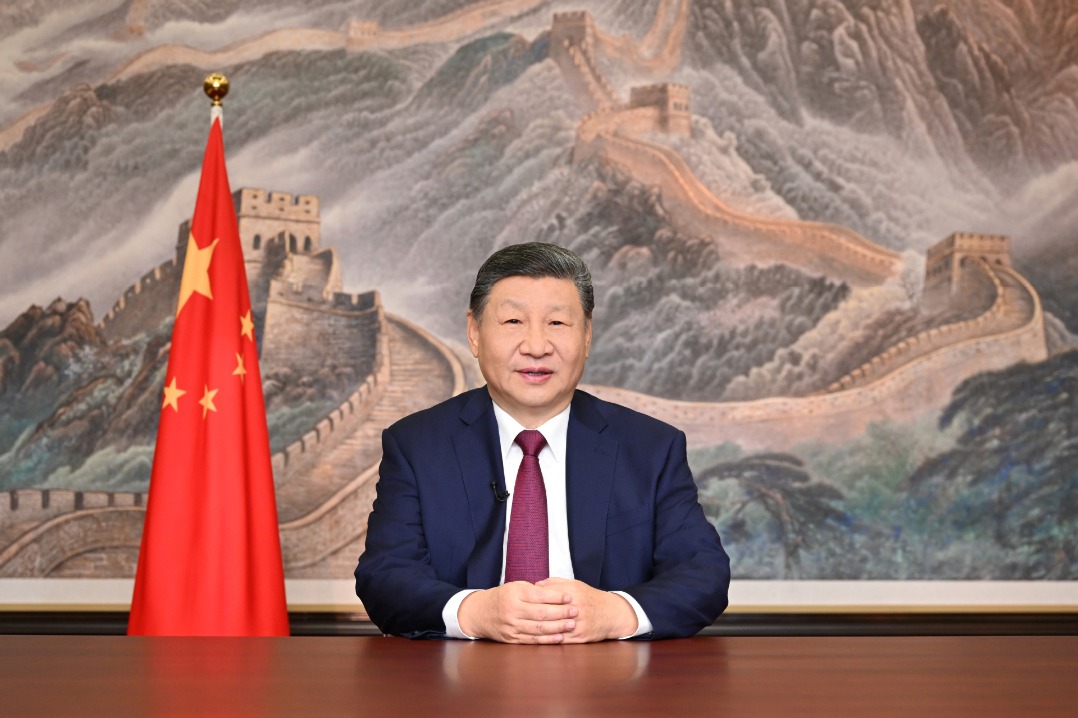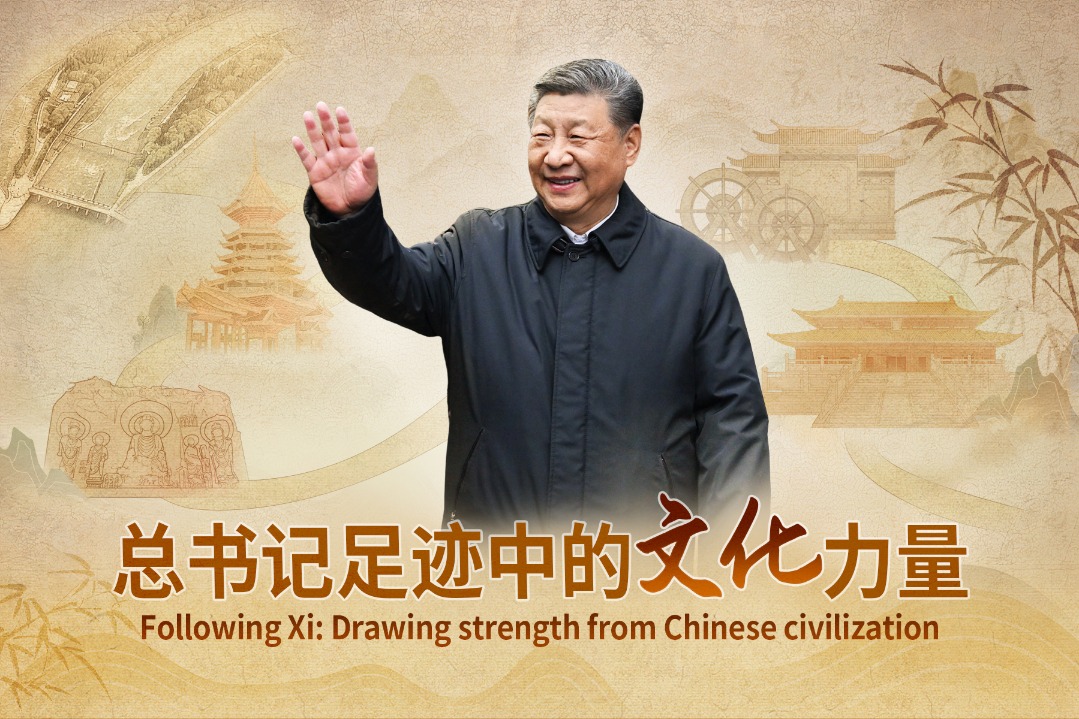RCEP boosts regional trade, Cambodian official and experts say

PHNOM PENH — The Regional Comprehensive Economic Partnership agreement that took effect last year has given impetus to trade in the region, a Cambodian senior official and experts say.
The RCEP comprises 15 Asia-Pacific countries, including 10 member countries of the Association of Southeast Asian Nations — Brunei, Cambodia, Indonesia, Laos, Malaysia, Myanmar, the Philippines, Singapore, Thailand and Vietnam — and their trading partners China, Japan, South Korea, Australia and New Zealand.
Sok Siphana, a senior minister in charge of special mission, said the world's largest free trade agreement is an important instrument of development for its members, and it has provided a big opportunity for Cambodia to export more.
"The RCEP has given an extra boost to trade, shaping the economic development of the member countries," he said during a live podcast under the theme "Different legal dimensions of the RCEP".
The RCEP covers 2.3 billion people, has a total GDP of $25.8 trillion, and accounts for $12.7 trillion of global trade in goods and services and 31 percent of global foreign direct investment inflows, the World Bank says.
Siphana said ASEAN, in which 80-90 percent of companies are small and medium-sized, will greatly benefit from the RCEP, which will eliminate 90 percent of tariffs on goods traded among its signatories over the next 20 years.
The agreement is comprehensive, covering trade in goods, trade in services, investment, economic and technical cooperation, dispute settlement, e-commerce, competition and intellectual property, among others.
Reaping maximum benefit
It is essential for the governments to promote the agreement's potential for companies in their countries to reap the maximum benefit from it, Siphana said.
The pact will also importantly contribute to reducing poverty in Cambodia and other member countries, he said.
Cambodia exported products valued at $5.26 billion to other RCEP countries in the first eight months of this year, 22 percent more than in the corresponding period last year, the Ministry of Commerce said.
Kin Phea, director-general of the International Relations Institute of Cambodia, a think tank that is part of the Royal Academy of Cambodia, said the RCEP has promoted multilateralism and free trade against the backdrop of protectionism and unilateralism.
"It has helped stabilize the member countries' economies, especially during this time of global economic slowdown."
All RCEP members, particularly ASEAN countries, have reaped benefits from the pact by integrating further into regional and global supply chains, Phea said.
"The RCEP will help transform ASEAN into a new engine of growth in Asia."
Xinhua
Today's Top News
- Full text: Chinese President Xi Jinping's 2026 New Year message
- Poll findings indicate Taiwan people's 'strong dissatisfaction' with DPP authorities
- Xi emphasizes strong start for 15th Five-Year Plan period
- PLA drills a stern warning to 'Taiwan independence' separatist forces, external interference: spokesperson
- Xi, Putin exchange New Year greetings
- ROK leader's visit to help boost bilateral ties






























